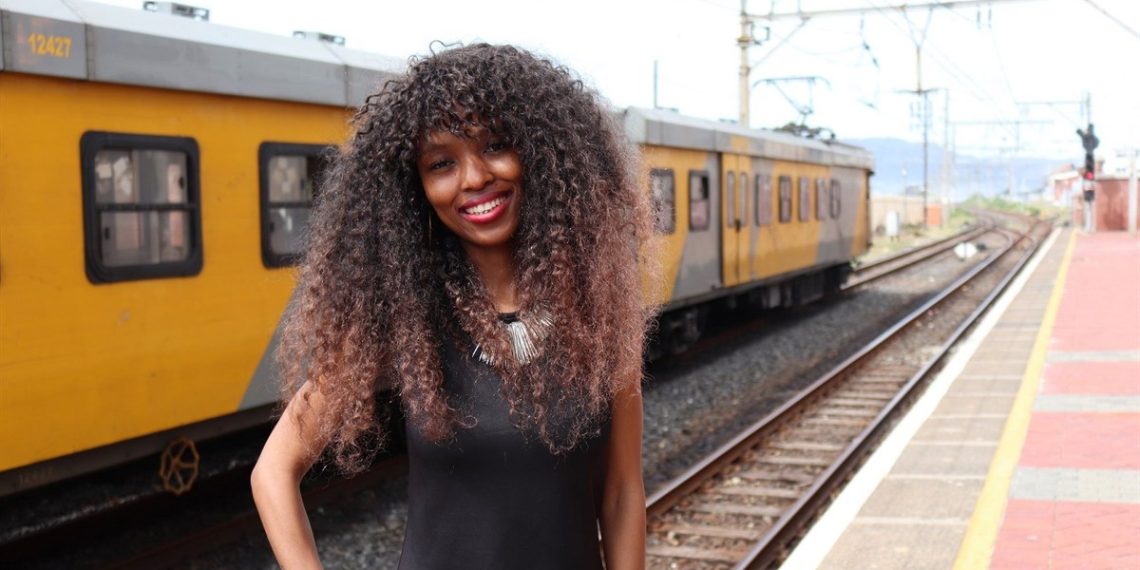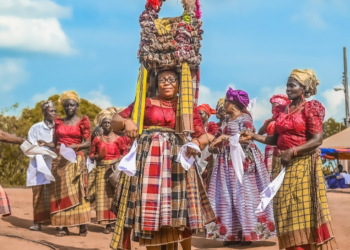How do we harness the capacity and potential of our youth to drive change within communities, instead of creating more social beneficiaries of the state? There is no way to sugar-coat it: South Africa is running out of time to provide its growing youth population with a sustainable future.
Tebogo Suping, network manager at Activate! Change Drivers
We really don’t have time to cushion relationships at the expense of the country, especially our young people, a demographic that is on the rise, who over time will be prone to something that this country will not be able to stop.
That, in essence, is the ticking time bomb that people always raise. It’s the cascading effects of everything that has happened over time that continues to disenfranchise young people, that has made young people despondent about politics and engagement, and makes it seem to young people that there is no hope of a better tomorrow.
I always speak from a collective perspective: How do we stimulate the economy to ensure its sustainability and that of its people?
‘Missing middle’
It seems we still have a long way to go because we are still playing at the basic, fundamental level: We are still trying to sort out the issues of education, for example. One of the critical conversations that we have to have is about the huge number of youth with no education, employment and training. There is a rise of young people in the “missing middle”. And the fact that the jobs being created are not shifting those numbers, everyone – be you in civil society, government or business – has to make concessions so that we can begin to shift things, otherwise we will be telling a different and sad story about this country in no time.
It will take a willingness. I personalise it: You have to be able to relinquish something, shift out of your comfort zone, because we are running against time.
If you look at how politicians are easily able to incite young people towards violence, land grabs… young people are just waiting for the Pied Piper of South Africa. Young people will follow the loudest voice, which is not always the right one, but you cannot reason with someone with an empty stomach. Those are just the realities of life. You cannot reason with someone whose outlook for the future is diminishing day by day, because they keep hearing about graduates that are unemployed, so what would be the value of them going through 12 years of an education system that is not going to offer a different life?
Provide hope
We are living in a digitised era, but information is so fragmented. Young people don’t know where to start, or are already limited by their socio-economic status in accessing that information. Something like data we take for granted, but for some young people it doesn’t exist in the villages they grew up in. Already such a person is short-changed. Already that person is on the back foot of everything they are fighting. So, their journey to pursue their potential is limited. At Activate we go out and reach out to those marginalised communities, those young people who feel unheard, but who have so much to give.
Even with everything they have to go up against, they will offer themselves to a community centre, for example, to help other kids, or clean at a creche or an old-age home. In essence they are saying, I have travelled a difficult route, but there is no reason why someone else should.
It is a great calling on all of us, in our different spaces, as media, as government, as civil society, as learners, in communities even. As South Africans, we are known for our humanity, our ubuntu, but we are also losing the essence of that because we are going up against so much, that we have closed ourselves off from even that. We are losing the ethos of the collective identity.
The ripple effect of young people who are unemployed, uneducated and unskilled, means they will create another way to generate an income at the expense of people’s safety, at the expense of the freedoms and liberties enshrined in our Constitution. And an unsafe environment is no safe space to live at all. We are now seeing corridors of violence in South Africa. And our homes are no longer becoming safe spaces for our children to grow up in.
We’ve waited too long. Having inherited all that came out of Apartheid, the broken homes, those children who grew up in violence, child-headed households… Something radical needs to be done.
Unlikely partnerships
Politics has become a power-game. We are no longer hearing the details of how people can be shifted from one level of development to another. We all know what the problems are and the critical challenges that the young people in South Africa are facing. With a revised national youth policy coming in – how do we become more solutions-orientated? How do we expedite what needs to be done?
We are here now and that is why the establishment of unlikely partnerships is what is going to break the mould of corruption, is going to break the mould of politics playing a barrier towards accessing quality service delivery; that meaningful collaboration is what is going to close the gaps for young people who are given an education curriculum that is not serving their needs. Learners are exiting the schooling system after 12 years with a certificate full of theory. Given the capacity and potential and creativity our kids have, we are short-changing them, we are not investing in them – if anything, we are just creating social beneficiaries of the state.
We haven’t even touched the potential of opportunities that can arise from the fourth industrial revolution (4IR). With the redundancy of some industries comes the creation of so many other opportunities, but we are not there yet, we are not adequately upskilling our children. They also don’t see a space for themselves there. We need to take this conversation to grassroots level, create the infrastructure, rally the resources and find partners on the ground. That is how South Africa is going to change.
However, we need to focus on what builds. We need to tell our stories. We need to listen to our youth. At Activate we speak of spaces of influence and not power. Our youth need to find platforms to speak out at, that are closest to home, in their everyday immediate environment. We need to connect and capacitate young people to be leaders of public innovation for the common good. It is up to all of us.





